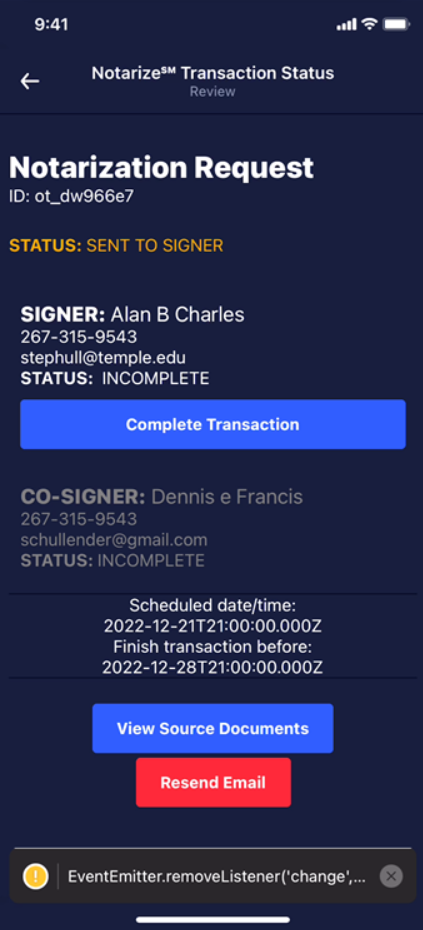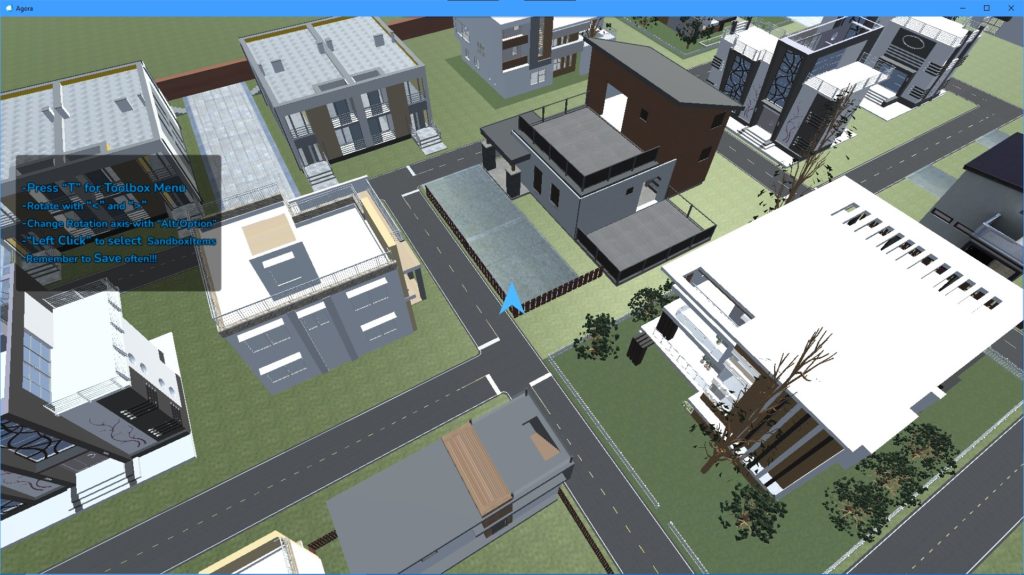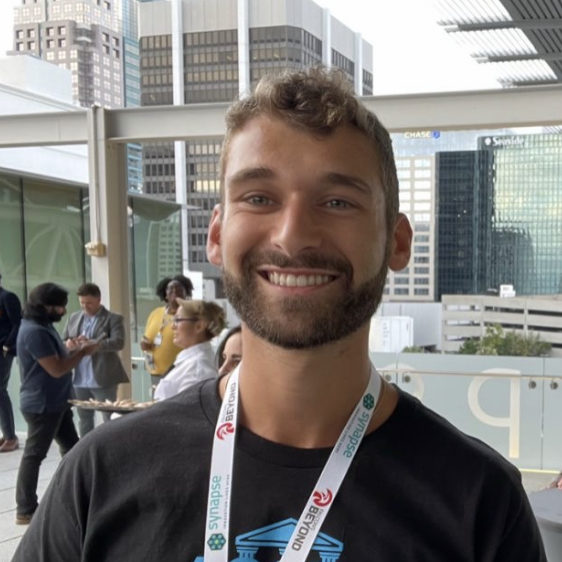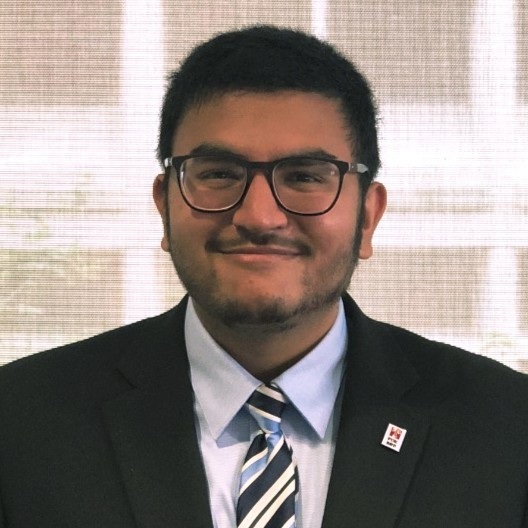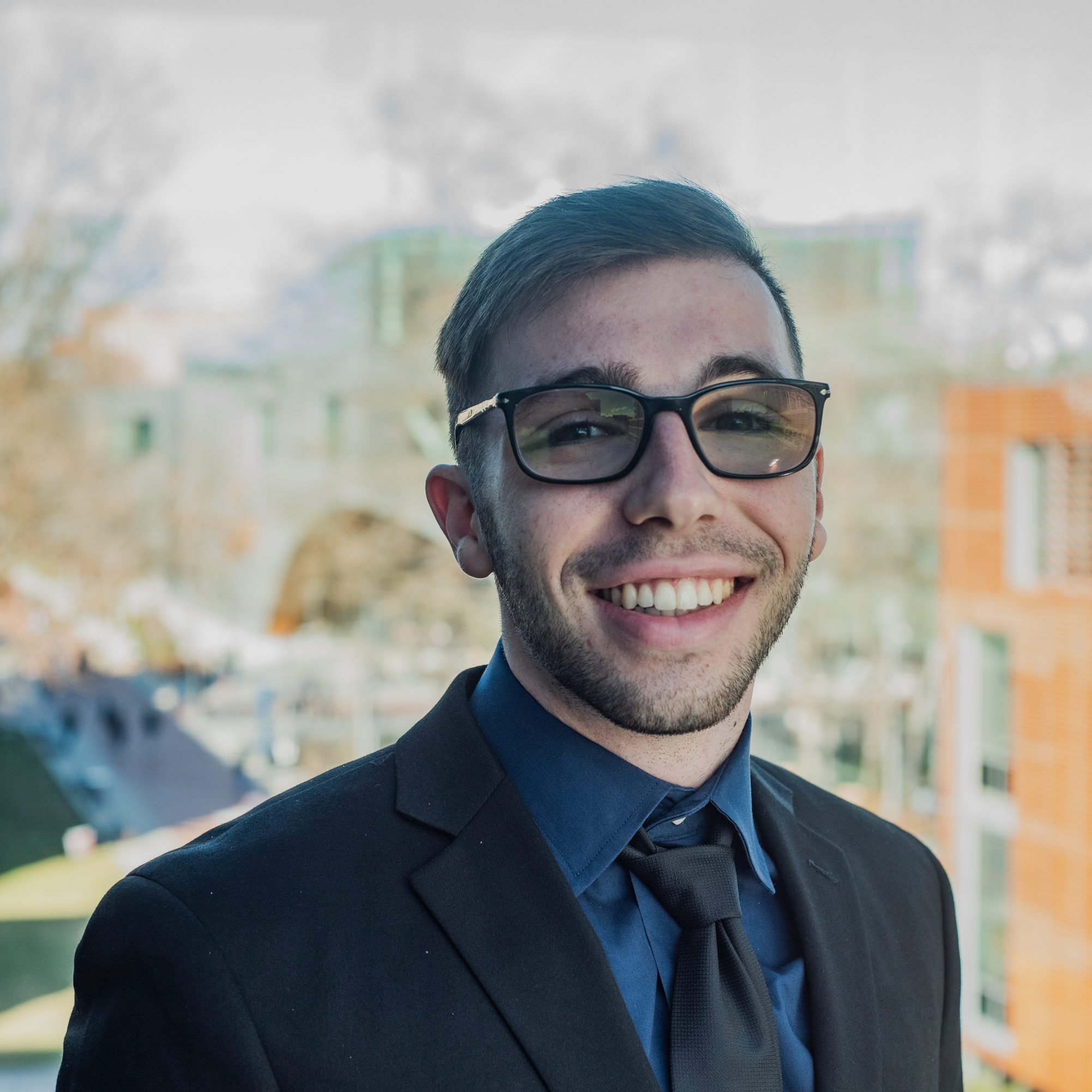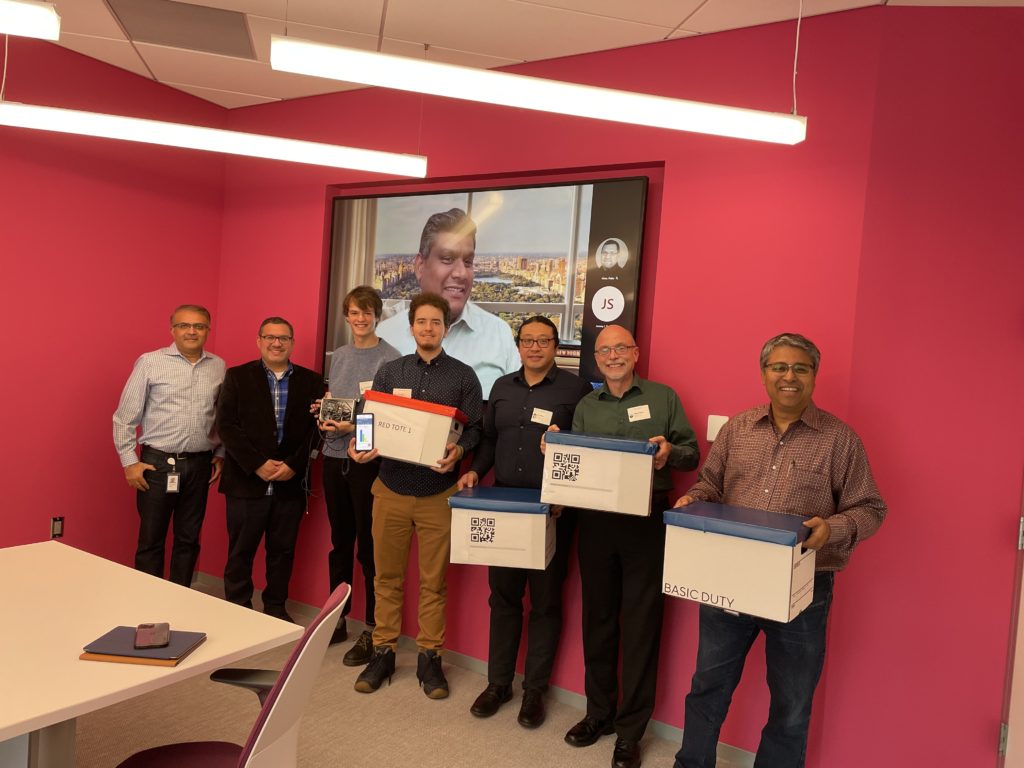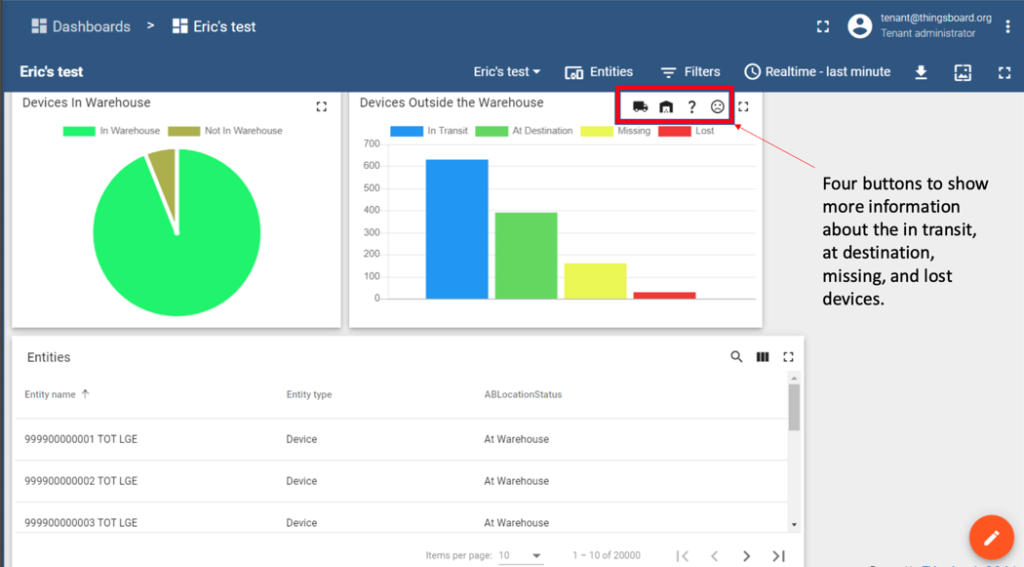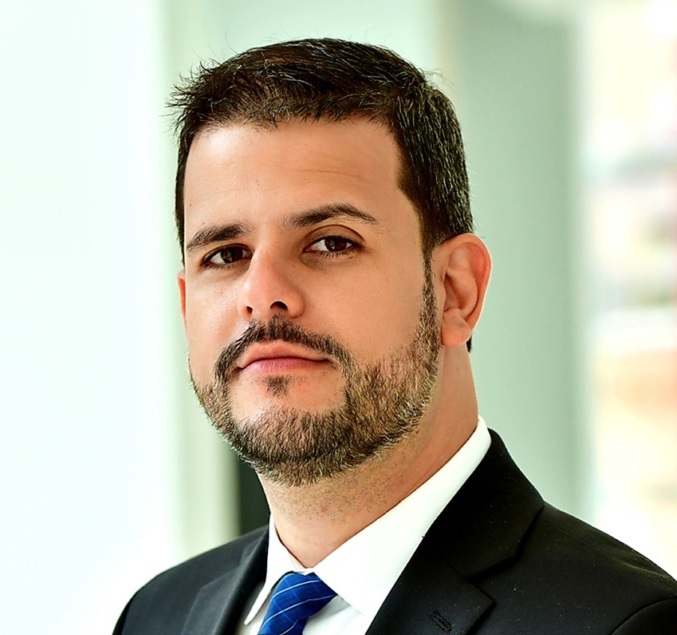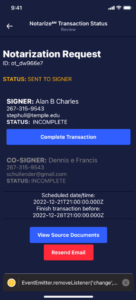Kuaay is a digital C2C car sales tool designed to facilitate transactions between private-party used car buyers and sellers. Founded by Yousif Memon (CST ’17), whose passion for cars has transformed into an innovative app, Kuaay is revolutionizing peer-to-peer automobile purchasing. Along with Keenan Hawekotte, Yousif won a competition for their pitch, which evolved into Kuaay – a platform that simplifies the car buying process for individuals.
DIF Role
Improve the UX design of the platform, implement E-notary services, and use APIs to integrate with shipping platforms.
Project Founders
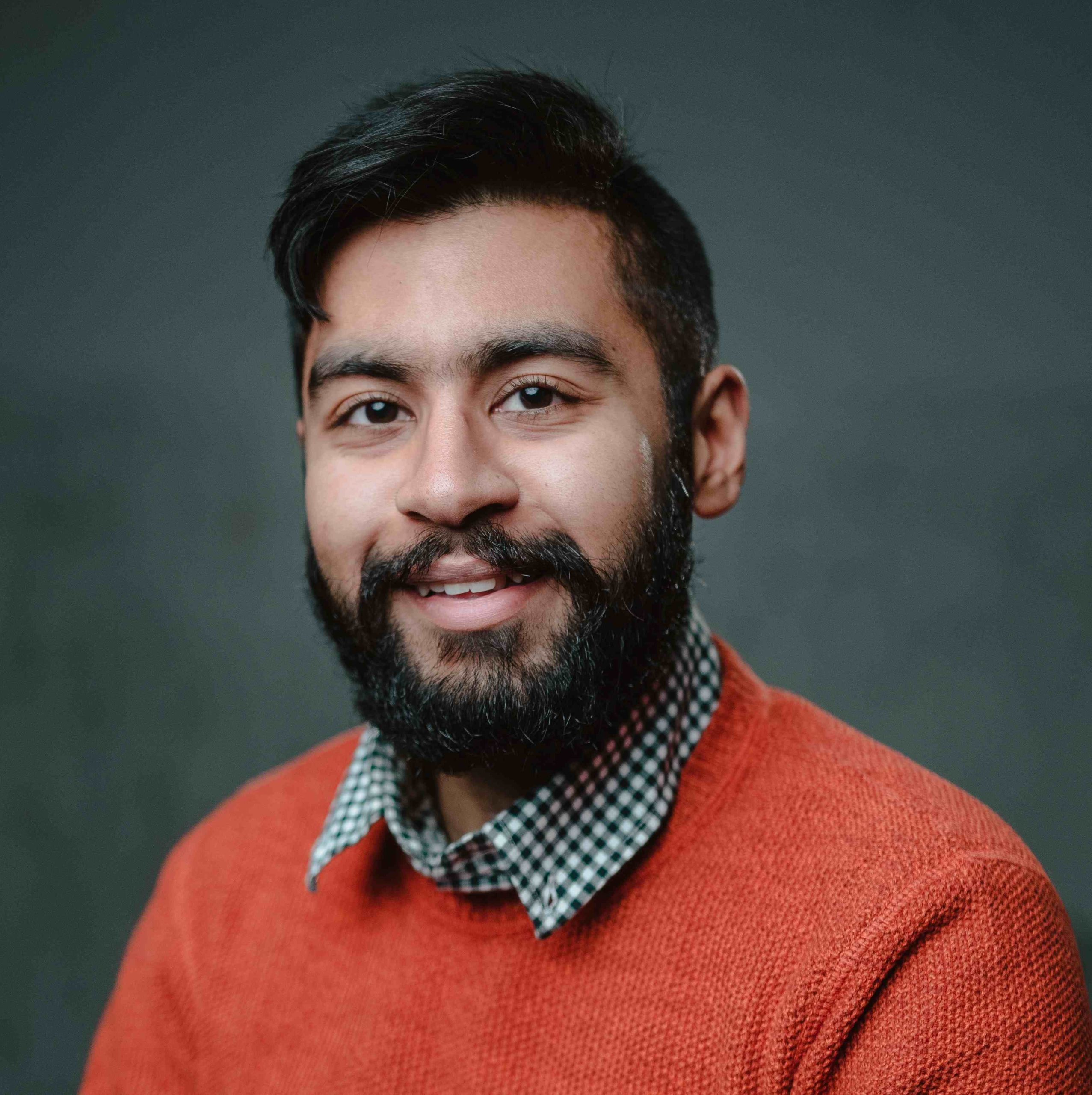
College of Science
and Technology (CST – 2017)
DIF Consultant
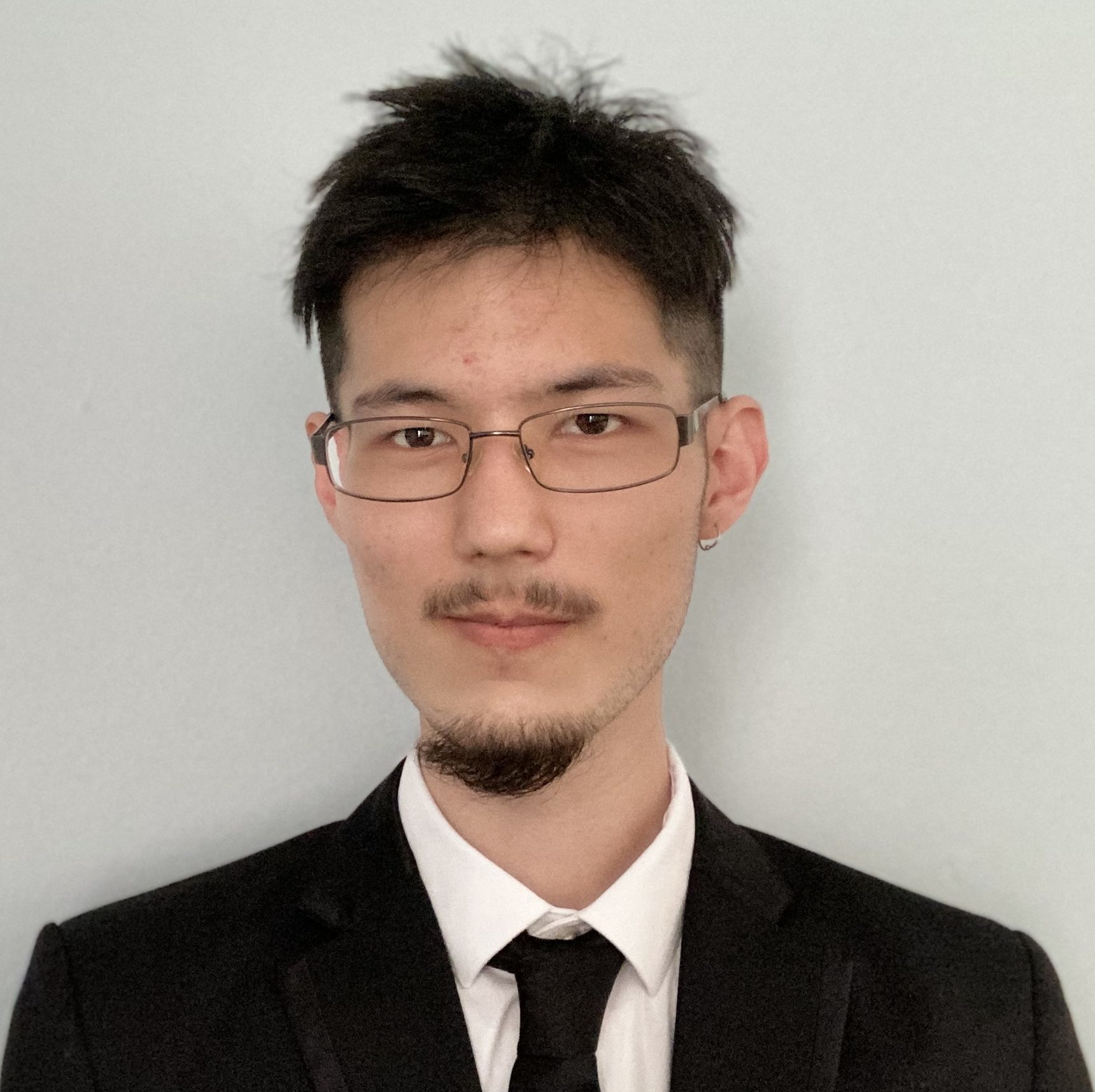
Computer and Information sciences (CIS) student
Impact
“DIF support and platform architecture guidance has been invaluable in helping us move forward.” Yousif Memon
“Learning how a mobile app works and contributing to the app’s development improved my confidence. I was able to obtain a wide breadth of knowledge in software development and architecting a solution.” Stephen Hullender
Manoj Chacko managed this project for DIF

